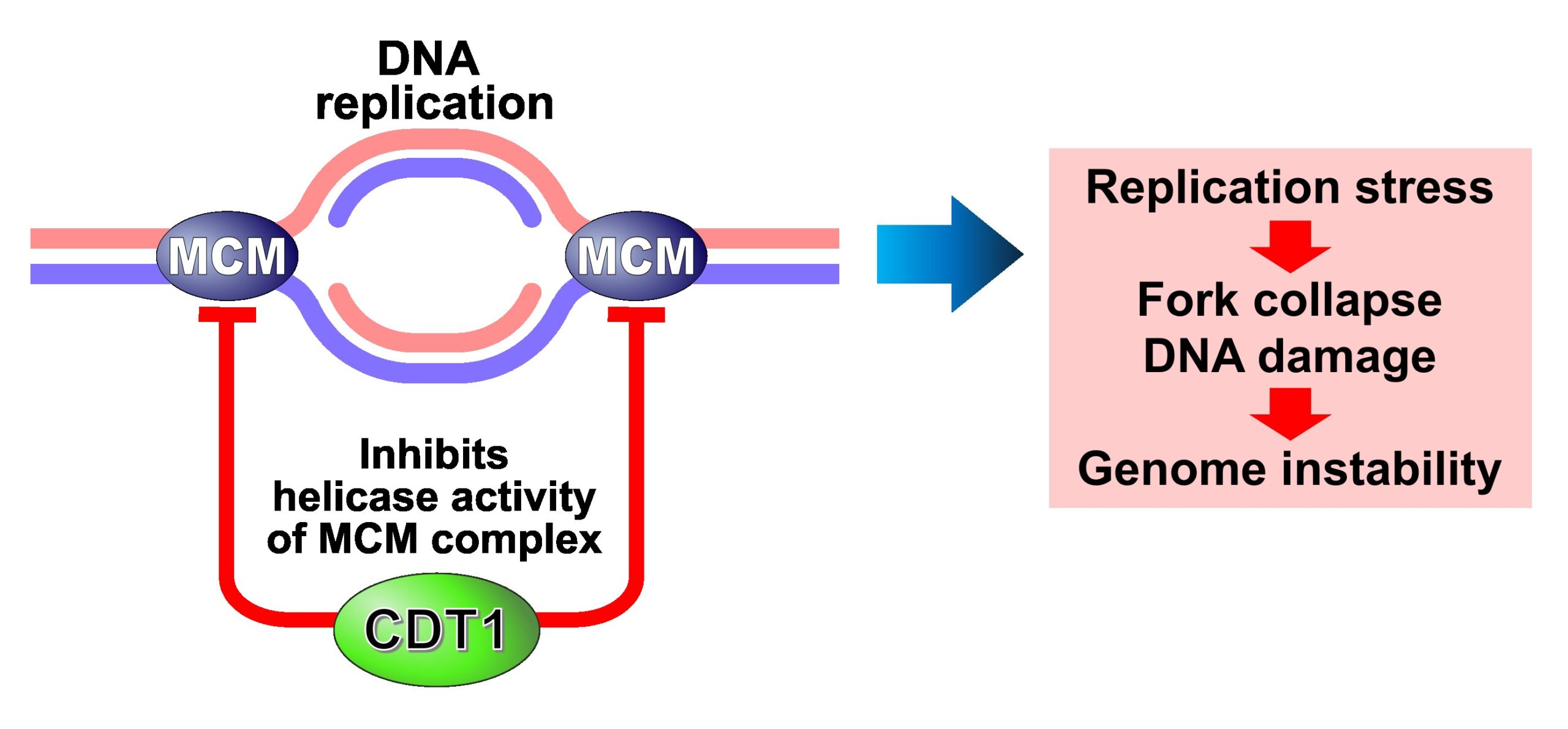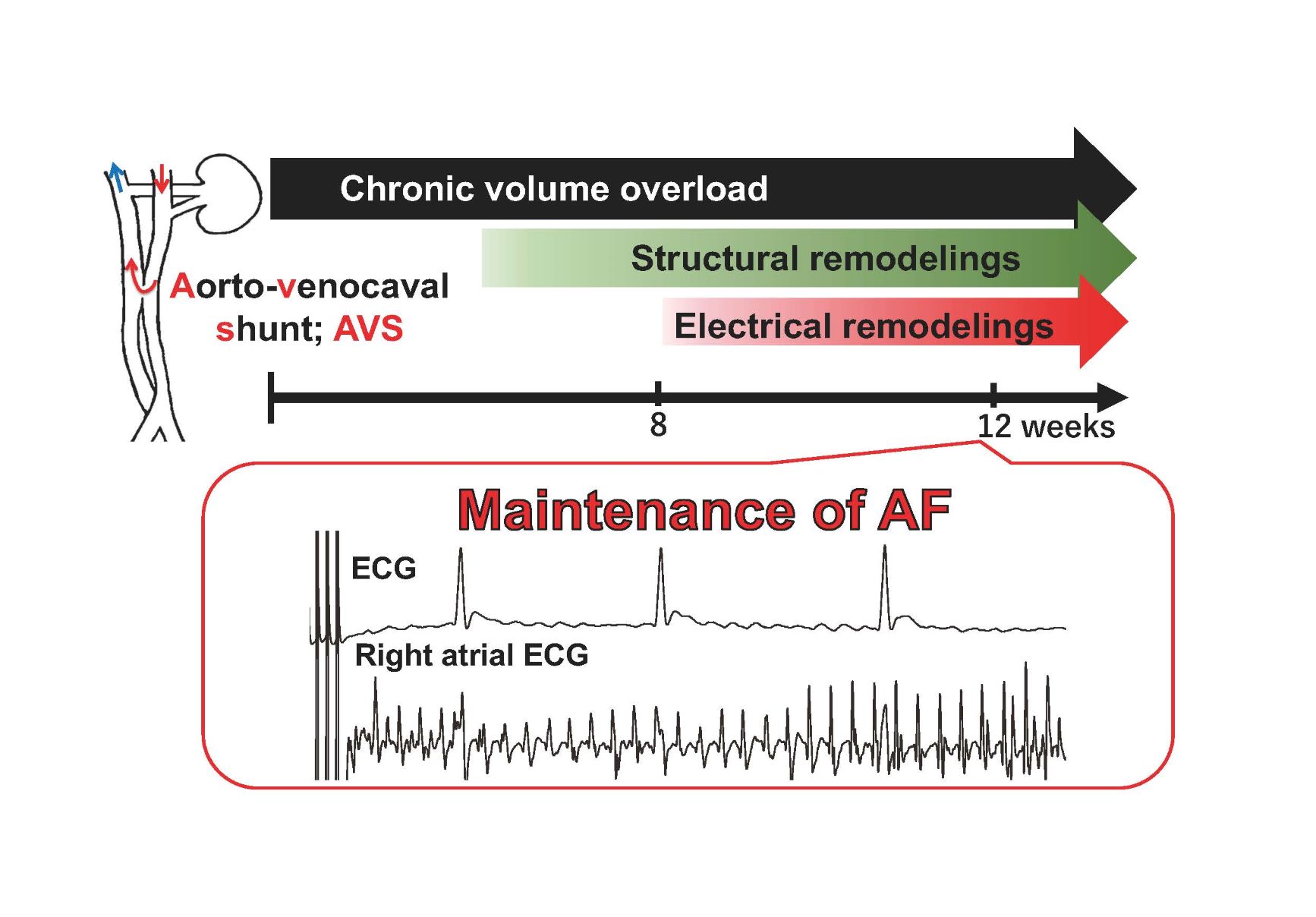August 10, 2021
Docosahexaenoic acid (DHA) and eicosapentaenoic acid (EPA) inhibit the contractile response of smooth muscle in the lower gastrointestinal tract
DHA and EPA inhibit the contractile response dependent on voltage-gated Ca2+ channels

The results were published on August 1, 2021. The findings were also selected as a cover illustration of the issue (Volume 44, Issue 8).



Key points
- Although DHA and EPA improve inflammatory bowel diseases, such as ulcerative colitis and Crohn’s disease, owing to their anti-inflammatory effects, the effects of DHA and EPA on the motility of the lower gastrointestinal tract remain largely unknown.
- In this study, we found that DHA and EPA inhibited a wide variety of the contractile responses of guinea pig longitudinal ileum and longitudinal colon muscles, and that this inhibition was related to their ability to inhibit responses depending on the activation of voltage-dependent Ca2+ channels.
- These results suggest that DHA and EPA may improve the contractile dysfunction of the lower gastrointestinal tract associated with inflammatory diseases, by suppressing the contractile response of the ileum and colon, which is dependent on voltage-gated Ca2+ channels.
Summary
These n-3 polyunsaturated fatty acids have been reported to improve inflammatory bowel diseases, such as ulcerative colitis and Crohn’s disease, owing to their anti-inflammatory effects. However, the effects of n-3 polyunsaturated fatty acids on the motility of the lower gastrointestinal tract, including the ileum and colon, the preferred site of these diseases, have not been extensively studied.
To clarify the effects of DHA and EPA on the motility of the lower gastrointestinal tract, the research group evaluated the effects of these fatty acids on the contractile response of the longitudinal muscles of the ileum and colon from guinea pigs.
The results showed that DHA and EPA non-specifically inhibited the contractile response of the longitudinal muscles of the ileum and colon induced by various bioactive substances, and that this inhibition was related to the ability of DHA and EPA to inhibit the responses largely related to the activation of the voltage-gated Ca2+ channels.
These findings suggest that DHA and EPA may ameliorate the contractile dysfunction of the lower gastrointestinal tract associated with inflammatory diseases, by inhibiting the contractile response of the ileum and colon, which is dependent on voltage-gated Ca2+ channels.
These n-3 polyunsaturated fatty acids have been reported to improve inflammatory bowel diseases, such as ulcerative colitis and Crohn’s disease, owing to their anti-inflammatory effects. However, the effects of n-3 polyunsaturated fatty acids on the motility of the lower gastrointestinal tract, including the ileum and colon, the preferred site of these diseases, have not been extensively studied.
To clarify the effects of DHA and EPA on the motility of the lower gastrointestinal tract, the research group evaluated the effects of these fatty acids on the contractile response of the longitudinal muscles of the ileum and colon from guinea pigs.
The results showed that DHA and EPA non-specifically inhibited the contractile response of the longitudinal muscles of the ileum and colon induced by various bioactive substances, and that this inhibition was related to the ability of DHA and EPA to inhibit the responses largely related to the activation of the voltage-gated Ca2+ channels.
These findings suggest that DHA and EPA may ameliorate the contractile dysfunction of the lower gastrointestinal tract associated with inflammatory diseases, by inhibiting the contractile response of the ileum and colon, which is dependent on voltage-gated Ca2+ channels.


The cover image of Biol. Pharm. Bull. Vol. 44 No. 8. Copyright [2021] The Pharmaceutical Society of Japan
Authors:
Keisuke Obara (Lecturer, Department of Chemical Pharmacology, Faculty of Pharmaceutical Sciences, Toho University)
Kento Yoshioka (Assistant Professor, Department of Chemical Pharmacology, Faculty of Pharmaceutical Sciences, Toho University)
Yoshio Tanaka (Professor, Department of Chemical Pharmacology, Faculty of Pharmaceutical Sciences, Toho University)
Kento Yoshioka (Assistant Professor, Department of Chemical Pharmacology, Faculty of Pharmaceutical Sciences, Toho University)
Yoshio Tanaka (Professor, Department of Chemical Pharmacology, Faculty of Pharmaceutical Sciences, Toho University)


Right: Dr. Kento Yoshioka
READ MORE RESEARCH NEWS - Pharmaceutical Sciences
ACADEMICS
Undergraduate Programs
– Medicine
– Pharmaceutical Sciences
– Science
– Nursing
– Health Science
Graduate Programs
–Medicine
–Pharmaceutical Sciences
–Science
–Nursing
Undergraduate Programs
– Medicine
– Pharmaceutical Sciences
– Science
– Nursing
– Health Science
Graduate Programs
–Medicine
–Pharmaceutical Sciences
–Science
–Nursing
RESEARCH
– News
– Guidelines & Policies
– Support Offices
– Facilities
– Security Export Control
Non-Degree Programs
– Clinical Elective Program
– International Physician Observership Program



.jpg)
